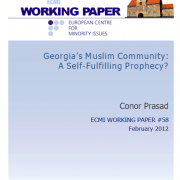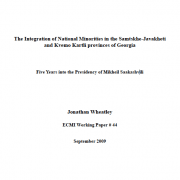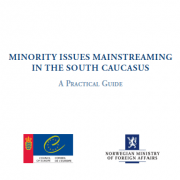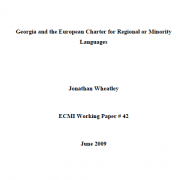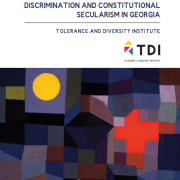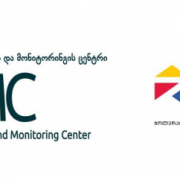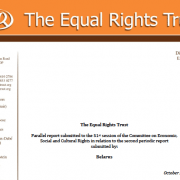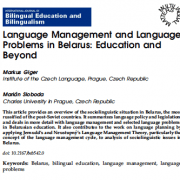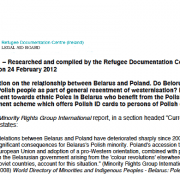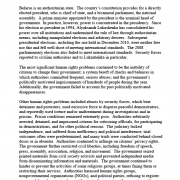The principle objective of this paper is to examine the creation of the new Administration of Georgian Muslims; how and why it has been created and what its specific role, function and means of operating will be. Most importantly, it will examine how the administration has been received by Georgia’s Muslims and how it will […]
Read more
This paper aims to explore the extent to which national minorities in the Georgian provinces of Kvemo Kartli and Samtskhe-Javakheti are integrated into the economic and political life of Georgia and to investigate how government policy in the aftermath of the Rose Revolution of November 2003 has affected the relationship between the state and minority communities […]
Read more
This practical guide is designed as a training toolkit and reference collection that can be used by national and international organizations as well as government and other stakeholders for project development in the South Caucasus. It provides an overview of issues pertaining to ethno-national minorities in the region . It is divided in three sections. […]
Read more
The first part of this paper looks at the issue of preserving those regional or minority languages that are in danger of falling into disuse. This applies also to three regional Georgian (Kartvelian) languages, Megrelian, Svan and Laz, which are politically contentious because to grant them recognition as distinct languages would be seen as a threat […]
Read more
This study shows the lack of religious neutrality in the public sphere in Georgia and therefore how personal religious convictions of politicians interfere with policy-making, thus promoting a discriminatory policy towards the religious minorities at the demand of majority, which takes form of flagrant violation of religious organization and preferential treatment towards the Georgian Apostolic Autocephalous […]
Read more
The purpose of the joint research is to show the practice of funding religious organizations by the state. For that purpose the research studies the scope and aim of financial resources and other tangible benefits transferred from the state to religious associations, also from the state budget, the President’s and government’s reserve funds as well […]
Read more
This parallel report focuses on the extent to which Belarus has met its obligations to respect, protect and fulfil the rights to equality and non-discrimination. The submission is concerned with Belarus’s performance under Article 2(2) of the International Covenant on Economic, Social and Cultural Rights, and with the impact which discrimination has on the enjoyment […]
Read more
This article provides an overview of the sociolinguistic situation in Belarus. It summarizes language policy and legislation, and deals in more detail with language management and selected language problems in Belarusian education. It also contributes to the work on language planning by applying Jernudd’s and Neustupny’s Language Management Theory, particularly theconcept of the language management […]
Read more
This briefing tries to answer questions on Belarus-Poland relations (and the Polish minority in Belarus) through a compilation of extracts form reports. Do Belorussians resent Polish people as part of general resentment of westernisation? Is there resentment towards ethnic Poles in Belarus who benefit from the Polish government scheme which offers Polish ID cards to […]
Read more
This country report analyses the human rights violations in Belarus. It provides detailed information about such violations, classifying them by categories.
Read more

